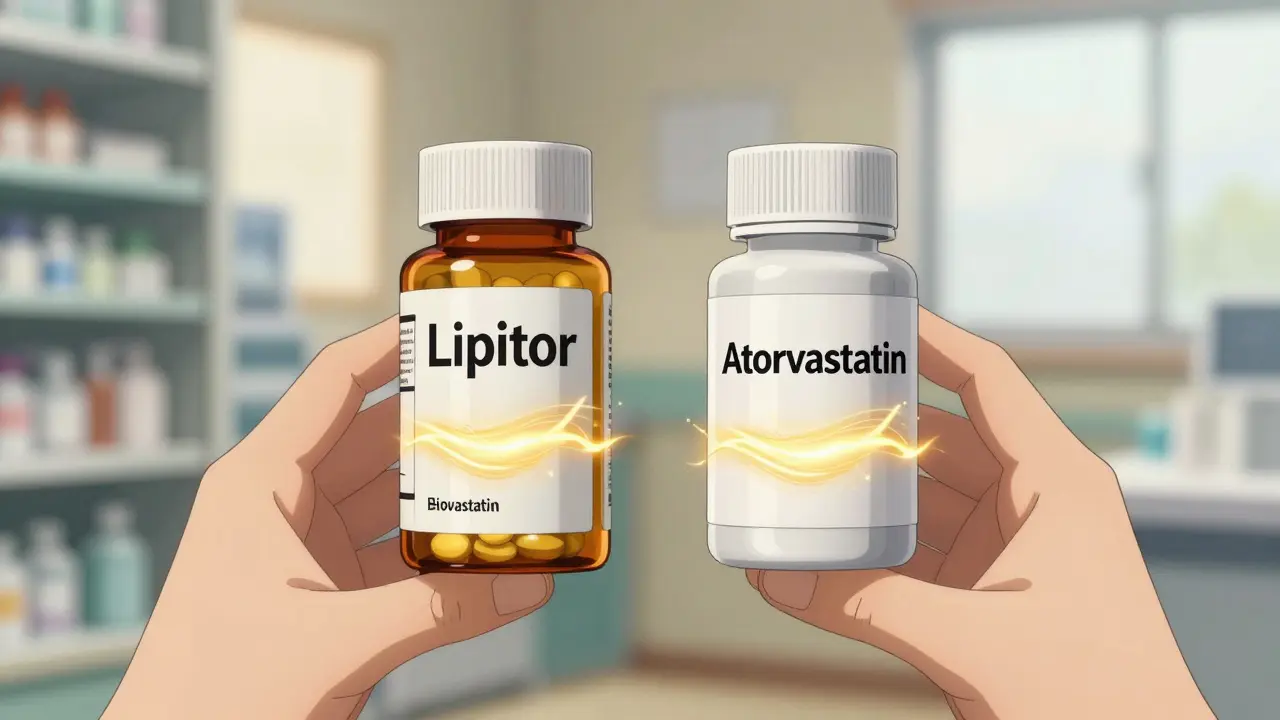Clomiphene – What It Is and How It Works
Clomiphene, also called Clomid, is a pill that doctors prescribe to help people who have trouble getting pregnant. It works by tricking the brain into thinking hormone levels are low, which makes the ovaries release an egg. In short, it jump‑starts the menstrual cycle so ovulation happens at a predictable time.
If you’ve heard friends talk about “taking Clomiphene” and wonder if it’s right for you, this guide will walk you through the basics, how to take it, what to expect, and where to buy it safely.
Typical Dosage and How to Take It
Most doctors start patients on 50 mg a day for five days, beginning on day 3, 4, or 5 of the cycle. If ovulation doesn’t occur, the dose may go up to 100 mg or even 150 mg in later cycles. You only take the pill for those five days – it’s not a daily medication.
Take the tablet with water and try to do it at the same time each day. If you miss a dose, take it as soon as you remember, but don’t double up. Keep track of the exact days you take it; this helps your doctor time any ultrasound monitoring.
Common Side Effects and When to Call the Doctor
Clomiphene is usually well‑tolerated, but a few side effects pop up in many people. Hot flashes, mood swings, and mild nausea are the most common. Some folks notice a thicker uterine lining, which can actually help a pregnancy but might cause spotting.
More serious signs—like severe abdominal pain, vision changes, or sudden swelling of the breasts—need a doctor’s call right away. A rare but known risk is ovarian hyperstimulation syndrome (OHSS). If your ovaries feel unusually painful or you gain a lot of weight fast, get medical help.
Women taking Clomiphene should also have a pregnancy test about two weeks after the last dose. If it’s positive, stop the pills and let your doctor guide you through the next steps.
Where to Get Clomiphene Safely
Buying Clomiphene online can be tempting, but you need a legitimate pharmacy. Look for sites that require a prescription, show a physical address, and have clear contact info. Check if they’re licensed in the UK or your country and read reviews from other buyers.
Avoid cheap “no‑prescription” offers—those pills are often fake or contain the wrong amount of active ingredient. If cost is a concern, ask your doctor about generic versions; they work the same and cost less.
When you receive the package, inspect the label, the tablet size, and the expiration date. If anything looks off, don’t use it and contact the pharmacy for a replacement or refund.
Quick FAQs
Can men use Clomiphene? Yes, it can help men with low sperm counts by boosting testosterone, but dosage is different and should be supervised.
How many cycles can I do? Most doctors limit use to 3‑6 cycles because success rates drop after that and the risk of side effects rises.
Will Clomiphene affect my next pregnancy? No, the drug clears from your system after a few weeks, and it doesn’t harm a future baby.
Understanding Clomiphene’s role in fertility makes the process less scary. Follow the prescribed schedule, watch for side effects, and only buy from reputable sources. With the right approach, you’ll have a clearer path toward a healthy pregnancy.

Clomid vs Alternatives: Which Ovulation Drug Works Best?
A detailed comparison of Clomid with its main alternatives-including letrozole, gonadotropins, tamoxifen, and metformin-covering mechanisms, success rates, side‑effects and how to pick the right option for your fertility journey.




